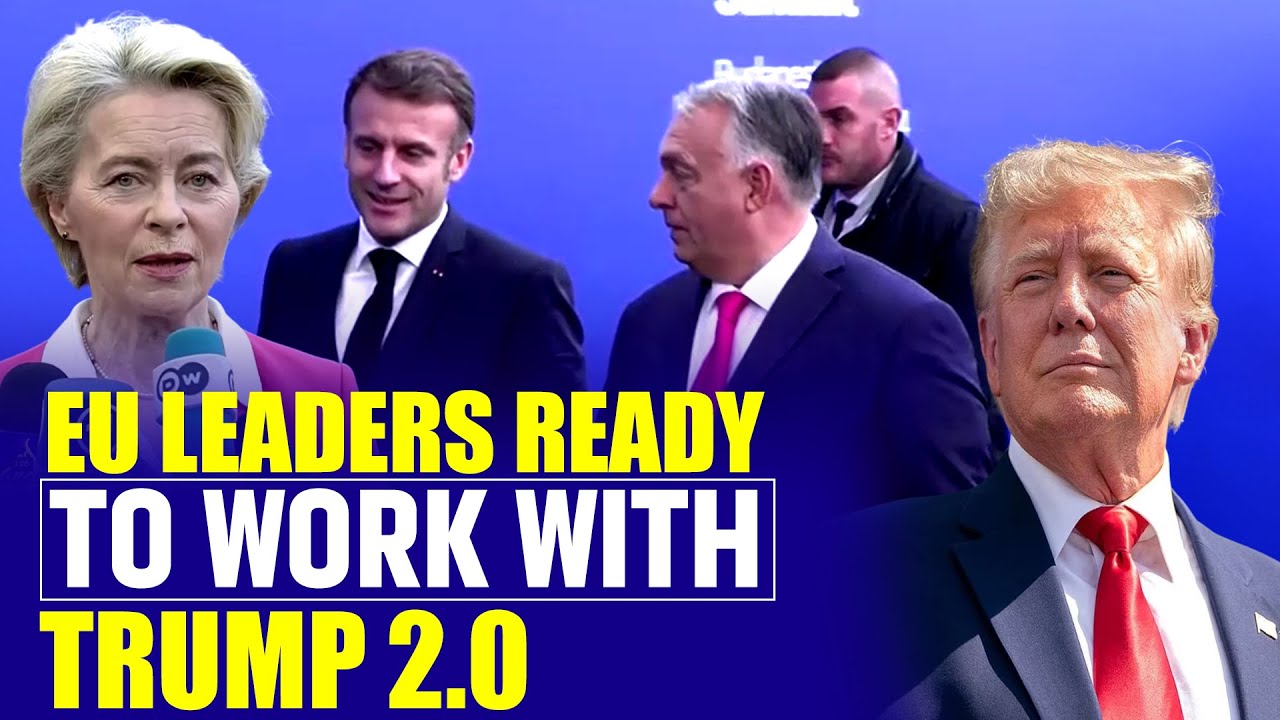
The most profound impact of Donald Trump’s second presidency on U.S. allies lies in its transformative influence on their internal political structures and strategic orientations. Over time, these allies are likely to pursue greater strategic autonomy, redefining their national interests through a more pragmatic lens. Consequently, their policies toward China are expected to shift toward more balance and pragmatism.
Following Trump’s return to the White House for a second term, public discourse has largely focused on U.S. domestic affairs and the trajectory of China-U.S. relations. In contrast, the implications of the Trump 2.0 phenomenon for America’s allies have received comparatively less attention. While much analysis has centered on the imposition of high tariffs and U.S. demands for allies to significantly increase defense spending, these measures, though important, represent only part of the broader picture. In my view, the most profound impact of Trump 2.0 on U.S. allies lies in its transformative influence on their internal political structures and strategic orientations.
First, Trump’s second presidency has triggered widespread introspection and debate regarding domestic and foreign policy among U.S. allies, particularly within the Group of Seven (G7) nations. This has profoundly disrupted their internal politics.
For instance, on Jan. 7, Canadian Prime Minister Justin Trudeau announced his resignation after nine years in office. Although the ruling Conservative Party’s declining popularity was partly attributable to high inflation and immigration challenges, Donald Trump’s imposition of high tariffs on Canada and his provocative rhetoric — suggesting Canada should become the 51st U.S. state — exacerbated the party’s internal divisions.
Similarly, in Germany, the far-right party’s victory in the September 2024 state elections across three eastern states, coupled with the passage of a no-confidence motion against Chancellor Olaf Scholz in mid-December, led to early federal elections — scheduled for February 23. The endorsement of Germany’s far-right factions by Trump’s close associate, Elon Musk, further destabilized the country’s political landscape.
Second, Trump 2.0 is likely to prompt a reevaluation of strategic priorities by U.S. allies, compelling them to recognize that their most significant challenge lies not in external military threats but in the erosion of their internal economic competitiveness.
Last year was a critical election cycle for several key U.S. allies. In the United Kingdom, after 14 years in power, the Conservative Party was voted out of office. In France, the ruling coalition suffered a substantial setback, losing one-third of its parliamentary seats, significantly weakening its legislative influence. In Germany, the collapse of the three-party coalition government has plunged the political landscape into uncertainty. Meanwhile, in Japan, although the Liberal Democratic Party retained its governing status, it failed to secure a parliamentary majority, resulting in a minority government under Prime Minister Shigeru Ishiba.
These electoral outcomes underscore widespread voter dissatisfaction with incumbent governments, primarily driven by concerns over declining economic and technological competitiveness. For example, Japan’s traditional strengths in industries such as automotive manufacturing are being undermined by the global transition toward electric vehicles. In this evolving landscape, competition is no longer centered on traditional hardware, such as internal combustion engines, but rather on software and artificial intelligence.
The substantial depreciation of the yen in recent years serves as a clear indicator of Japan’s declining economic competitiveness. Moreover, fiscal constraints are intensifying, with government spending — including gasoline subsidies of 8 trillion yen — placing additional strain on public finances. Rising costs associated with social security, eldercare and general healthcare further worsen budgetary pressures.
While many U.S. allies have recently sought to increase their defense spending to 2 percent of GDP, Trump’s proposed requirement for NATO members to raise their contributions to 5 percent would likely divert critical resources away from innovation through research and development.
Third, in terms of foreign relations, the internal political shifts and strategic recalibrations of U.S. allies will be particularly evident in their evolving policies toward China. For instance, in early January, the UK’s chancellor of the exchequer visited Beijing for the first time in more than five years. Discussions with Chinese Vice Premier He Lifeng explored avenues for trade and investment. Following the Labour Party’s victory in July, the UK government began distancing itself from the Conservative Party’s confrontational stance on China, signaling a commitment to restoring bilateral relations. In November, the leaders of China and the UK held their first meeting in six years on the sidelines of the G20 summit in Brazil. During parliamentary testimony, UK Foreign Office officials emphasized the necessity of adopting a pragmatic approach to economic relations with China to address domestic economic challenges.
This shift reflects a broader trend in the UK toward pragmatic diplomacy, moving away from ideologically driven policies. Similarly, China and Japan have reached an agreement to resume high-level economic dialogues.
While these developments were driven by internal imperatives and strategic considerations, their long-term sustainability remains uncertain. For instance, although the Ishiba administration in Japan has expressed a willingness to improve relations with China, internal divisions within the Liberal Democratic Party and the government’s fragile political foundation cast doubt on the durability of this approach. In Germany, with federal elections approaching, some candidates have warned of risks associated with German companies increasing their investments in China.
Further, at international forums such as the G7 and NATO summits, narratives depicting China as a strategic threat are likely to persist. Should Trump intensify pressure on China and demand that core allies align unequivocally with U.S. strategic interests, the ability of these allies to maintain their strategic autonomy will be placed in doubt.
Despite these uncertainties, U.S. allies in the long run are expected to pursue greater strategic autonomy, rationally defining their national interests independent of U.S. influence. Consequently, their policies toward China are likely to continue evolving in a pragmatic and nuanced direction.